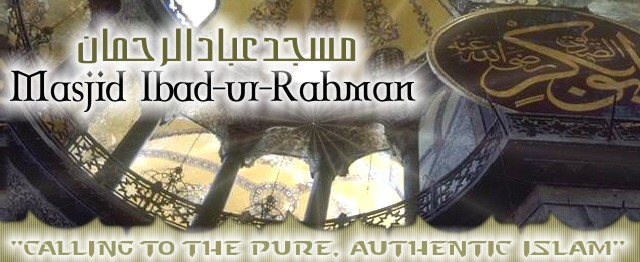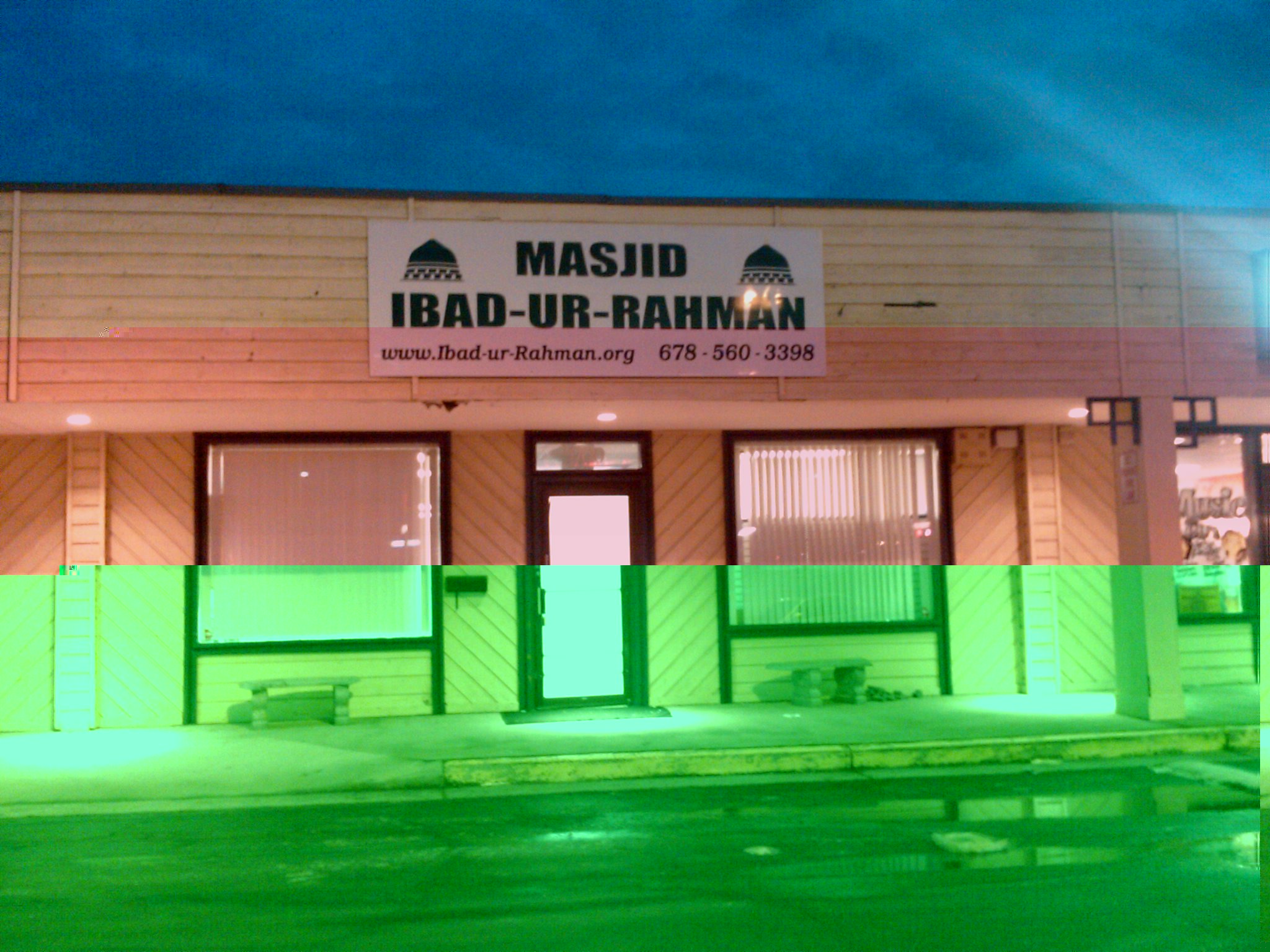
Assalamu Alaikum !!
Welcome to
Ibad-ur-Rahman.org

Home |
Recommended Books | Biographies
| Jewels of Guidance

Photo Gallery
Kids Corner
What is Prohibited and Disliked for the one Fasting
by Shaikh Saalih Al-Fawzaan [Ittihaaf Ahlil-Eemaan bi-Duroos Shahri Ramadaan ,Al-Ibaanah.com]
Know that there are certain manners to fasting that must be abided by and adhered to so that the fast could proceed in the way it was prescribed so that one could achieve its benefits, fulfill its objective and not find it discomforting and without benefit. This is as the Prophet (sallAllaahu ‘alayhi wa sallam) said: “Perhaps all a person fasting derives from his fast is hunger and thirst.”
So fasting is not just the abandonment of food and drink only. Rather, it also entails abandoning improper statements and actions that are forbidden or disliked.
One of the Salaf once said: “The least form of fasting is leaving off food and drink.” This is since drawing near to Allaah by abandoning allowable things cannot be complete unless after drawing nearer to Him by abandoning what Allaah has prohibited under every circumstance. Even though a Muslim is obligated to abandon the unlawful at all times, it is even more binding upon him while he is fasting.
If one commits the unlawful in times other than when he is fasting, he is sinning and worthy of being punished. But if he commits it while fasting, then on top of being sinful and deserving of punishment, this affects his fast by it being either deficient or nullified.
So the person who truly observes the fast is he who withholds his stomach from food and drink, refrains his limbs from sins, restricts his tongue from vile and evil speech, restrains his ears from listening to songs, musical instruments, backbiting and gossip, and holds back his eyes from looking at the forbidden.
The Prophet (sallAllaahu ‘alayhi wa sallam) said: “Whoever does not abandon false speech and acting upon it, then Allaah is not in need of him abandoning his food and drink.” [Reported by Al-Bukhaaree]
The person who is fasting must avoid backbiting, gossip and insulting others, based on what the two Shaikhs (Al-Bulkhaaree and Muslim) reported from Abu Hurairah (radyAllaahu ‘anhu) that he said, and it was raised as being a saying of the Prophet: “Fasting is armor. So if it is a day in which one of you is fasting, then he should not be vile in speech nor should he be sinful nor should he be ignorant. And if someone reviles him, then he should say: ‘I am a person that is fasting.’”
The word junnah (armor) is that which protects the one who wears it from the weapon of his opponent causing harm to him.
So fasting protects a person from falling into sins whose consequences are punishment in this world and the next. The word rafath in the hadeeth refers to lewd and immoral speech. Imaam Ahmad reported in marfoo’ form that the Prophet (sallAllaahu ‘alayhi wa sallam) said: “Verily, fasting is armor so long as it is not pierced.” It was said: “What causes it to be pierced?” He (sallAllaahu ‘alayhi wa sallam) said: “Lying and Backbiting.”
This is proof that backbiting pierces the fast or makes a dent in it. When armor is pierced it is of no more use to the one wearing it. So in the same manner, when one’s fast is pierced, it is no longer any benefit to the one performing it.
Backbiting is as the Messenger of Allaah (sallAllaahu ‘alayhi wa sallam) explained it, and that is mentioning about your brother what he hates. It has been reported in the Musnad of Imaam Ahmad that this breaks the fast:
“Two women were once fasting during the lifetime of Allaah’s Messenger and they almost died of thirst. This was mentioned to the Prophet (sallAllaahu ‘alayhi wa sallam) but he turned away from (allowing) them (to break the fast). Then they were mentioned to him again, so he called for them and ordered them to vomit, i.e. throw up, what was in their stomachs. So they both vomited and filled up a bowl with puss, blood and pieces of flesh. Then the Prophet (sallAllaahu ‘alayhi wa sallam) said: ‘These two fasted by refraining from what Allaah made lawful for them. but they broke their fast by doing what Allaah made unlawful for them. One of them sat with the other and they began to eat from the flesh of people.’”
What transpired with these two women in the presence of the Messenger of Allaah (sallAllaahu ‘alayhi wa sallam) from their vomiting vile and disgusting things – this was from the miracles that Allaah allowed to occur at the hand of His Messenger so that he could show the evil effects of backbiting to the people. Allaah says: “And do not backbite one another. Would one of you love to eat the flesh of his dead brother?” [Surah Al-Hujuraat: 12]
This hadeeth shows that backbiting breaks the fast. This is in the figurative sense, meaning it nullifies the reward of fasting.
May Allaah send His peace and blessings on our prophet, Muhammad, his family and Companions.
Spanish | Arabic | Urdu | Islaamic Web Links | Hifth Qur'aan Program | Contact Us
Copyright 2009 Ibad-ur-rahman.org
Site created by Affiliate Concept Technologies, LLC